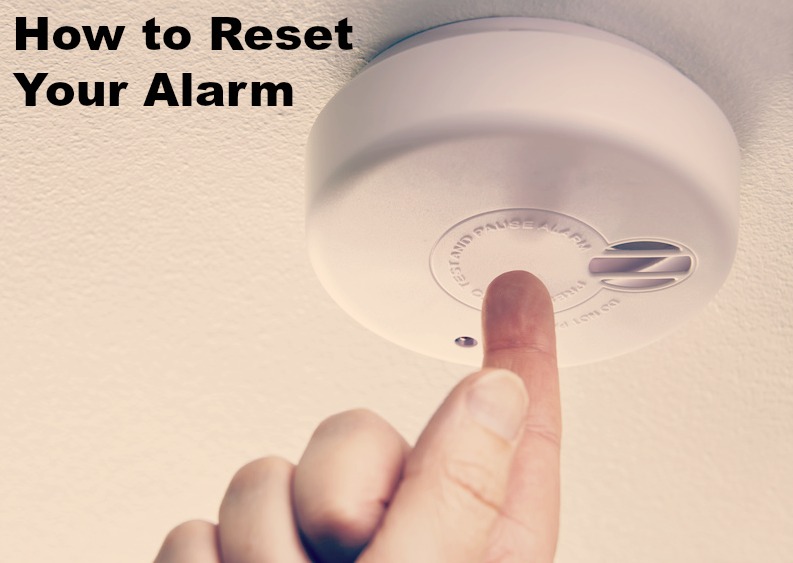
This week’s guest post is brought to you by Sheeva of Healthwanderer.com. Sheeva is a lifestyle, food and wellness coach with a deep passion for helping people on their journey toward becoming the healthiest and happiest versions of themselves.
For those of us experiencing any kind of anxiety disorder, the emotion of anxiety is usually an unwelcome invasion of our body and mind. We want and would do anything to get rid of the pesky anxious thoughts and the, oftentimes, debilitating physical symptoms. But, the reality is that anxiety is an emotion that we need and that serves a very serious purpose in our life: it helps keep us safe from danger.
My Story
I was your typical, adventurous young adult. I had graduated high school, moved away for college, spent a semester abroad, and gotten into a great graduate program in New York City by age 22. I had a few friends around me that had issues with anxiety, but I never really understood them because I had never experienced anything like it. Fear had never really stopped me from doing anything, so I moved to New York City, dove headfirst into my graduate program, and felt like everything was going great, until, one day, it wasn’t.
Seemingly out of nowhere I became afraid and nervous in “normal” situations. It started with elevators. The moment the elevator doors would shut my heart rate would skyrocket and everything inside told me I needed to get out of there as soon as possible. Then it moved on to any situation that involved big crowds (which is basically ANY situation in NYC). Grocery stores, subway trains, movie theaters, and busy streets all became places I feared. And, I couldn’t explain the fear. I wasn’t emotionally afraid of those situations. I couldn’t articulate what scared me about any of them. I just knew that my body was reacting the same way it would if there was a lion in front of me staring me straight in the eyes.
My combination of generalized anxiety disorder and panic disorder led me on a long journey of self-healing through reading, listening, therapy, meditation, yoga, and medication and yet, to this day, I can pinpoint the exact moment when things fundamentally changed for me. I was reading a book by world-renowned Buddhist Monk Thich Nhat Hanh on fear where he writes, “fear is an alarm, not a state of mind.” These nine little words changed my relationship with my anxiety disorders forever.
Anxiety is an Alarm
Anxiety, as a human emotion, serves the purpose of acting as an alarm system. Without this alarm system, the human race would surely have perished by now. The alarm system is simple- when the body senses (through any of the senses) something that is dangerous, out of the ordinary, or disturbing, the anxiety alarm sounds and gets the body ready to deal with this potential situation. This is what medical science refers to as “fight or flight syndrome.” When our bodies go into anxiety mode it goes into fight or flight- the body prepares to either fight the situation in front of them, or run away. Many anxiety sufferers describe a feeling or sense of needing to get out of a situation quickly when they are panicking- this is flight mode in full action.
When our anxiety alarm goes off we may feel a range of symptoms- racing heart rate, muscle tension, a feeling of needing to run away, etc- without really understanding why we feel that way. This is just the nature of our intelligently designed human bodies. Our bodies instinctively know what we need in order to fight a dangerous situation or run away from it and our bodies will do just that. This isn’t something we have control over, which adds to the issue of feeling out of control of one’s own body and mind when suffering from anxiety disorders.
The point is that anxiety is an alarm, and an alarm isn’t supposed to sound off for a long period of time. For me, my anxiety got to a point where feeling anxious felt like it had become my state of mind. Fear and nervousness weren’t emotions I experienced sporadically– calm and peace were feelings I experienced sporadically, if at all. This is not how anxiety is meant to function in the body. Feeling anxiety when it is warranted is a good thing. It means our bodies are functioning optimally and can protect us. When anxiety and panic become a part of our day to day lives is when we know something is a little off.
Dis-ordered Anxiety
Someone with anxiety disorder experiences this alarm system in a very different way than someone who does not have anxiety disorder. For them, unfortunately, their alarm system is hypersensitive and, in some ways, broken. The term “anxiety disorder” already helps us understand this concept. Anxiety is and will always be a part of the human body’s emotional make up, it is when it becomes dis-ordered that it poses a problem.
Somebody with dis-ordered anxiety will experience the sounding off of their anxiety alarm in situations that do not warrant it. For example, going back to my own personal story, my anxiety alarm started sounding off in situations where there was no danger around me. I was perfectly safe in a grocery store doing my weekly shopping, but my body was reacting as if I was in grave danger and needed to get out of there immediately. If the subway train would get stuck, even momentarily, underground I would flip into flight/anxiety mode. The thing was that I had never had a fear of being stuck underground or feeling claustrophobic, but during this period of my life any time the train was halted for any reason my anxiety alarm went off in full force and I spent every agonizing moment that we were stuck in panic.
For those of us that suffer from anxiety disorders and have a sensitive/broken alarm system, we can grow to detest our anxiety so much that we forget its main purpose in the first place. This deep aversion to the feeling of anxiety is completely understandable. It is a terrible feeling to experience regularly. But, we must remind ourselves that anxiety/fear is an alarm, an alarm that we need. Accepting this allows for us to begin healing that alarm system and eventually reaching a point where it functions exactly as it is meant to.
Mindfulness to Help Restore Our Alarm System
The book that started all of this for me is deeply rooted in mindfulness meditation. Thich Nhat Hanh’s work focuses on the idea that we can all use mindfulness to lead happier and healthier lives. It is becoming so universally-accepted in fact that many psychotherapists and psychologists are incorporating mindfulness techniques in their work with patients suffering from anxiety disorders and/or depression. So how can we use mindfulness to address our anxiety alarm system?
Spend 5 minutes a day sitting in silence, focusing on your breathing. The goal here is not to think about nothing for 5 minutes, it is to observe what thoughts pop up when focusing on your breathing. We think we have a million thoughts going on all the time, but the reality is that we build some habits around what and how we think and it becomes repetitive. These thoughts will likely give you some insight into what sets your anxiety alarm off.Pay attention aka be present. We hear the idea of “presence” all the time in yoga and meditation, but it is just a fancy way of saying pay attention to what is in front of you. When we are paying attention and are aware of what is going on around us and inside of us, we can piece together the anxiety puzzle. Why is my anxiety alarm going off right now? Is it because I just saw x,y,and z? Or is it perhaps because this morning I felt x,y,and z? You can’t answer these questions unless you are practicing being present and aware in your life.





Hi. Can u tell me what the name of the book you mention here by Thích Nhất Hahn. Thank you for your helpful articles. I appreciate them.
Sorry for the very late reply to the comment, Dee. The book is called “Fear: Essential Wisdon for Getting Through the Storm”